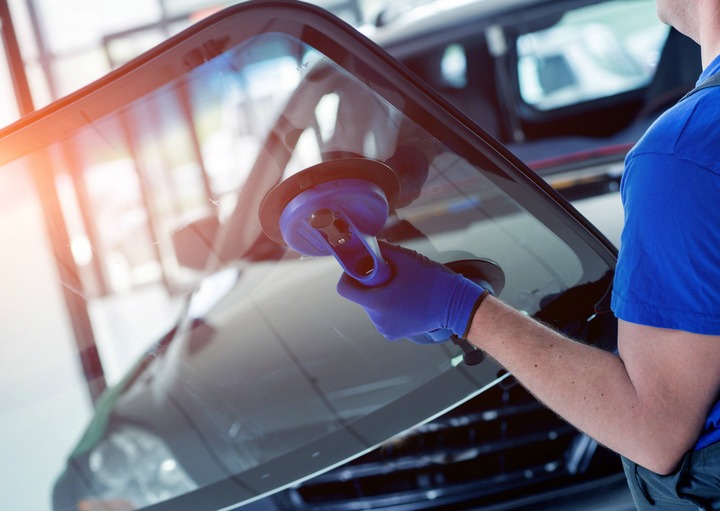Helpful Advice When It Comes To Auto Repair
Keeping a car in proper working order is a significant commitment and one that requires a fair bit of knowledge. Unfortunately, not everyone who owns a car understands how best to ensure proper auto repair when problems arise. Read the tips and advice that follow below, and you will be ready for any eventuality. Your car will surely thank you.
There ae many how-to videos that you can turn to for auto repairs. Everything from a simple tire change to changing your fuel filter can be found in video form. These videos will take you through each step in making the repair and will save you the time and the cost of taking it to a mechanic.
It is not legal for a mechanic to start working on your car before you officially authorize them to do so, usually by signing a contract. Be careful what you authorize the mechanic to do. You should only sign documents that include a detailed list of the needed repairs and their prices.
Understand the repair costs prior to leaving your car with any shop. Labor costs especially can run at different levels from shop to shop, especially if a specialist is involved. You'll want to know what you are getting into prior to learning about it the hard way days later.
Be open to asking any questions that cross your mind. Auto repair is a very complex thing. You will have questions, and don't feel intimidated about asking them. If you don't, you may not completely understand why the repairs were needed in the first place or how costly the current situation really is.
Avoid costly car repairs by sticking to the maintenance schedule of your car's manufacturer. By doing regular maintenance on your car when necessary, you will avoid having to fix things due to maintenance neglect. Not sticking to the maintenance schedule will result in unnecessary repairs which could have been avoided.
Always exercise the highest level of caution when working with your car's fuel system. Never work around fuel tanks, fuel lines or pumps with sources of ignition such as cigarettes or anything that could produce a spark. Wipe up any fuel spills immediately, and protect yourself by wearing fuel-resistant gloves and eyewear.
There are no standard warranties on repairs. Make sure you are aware of what your warranty covers and that you have it in writing. Warranties may have limitations such as deductibles, mileage, time, businesses authorized to do the warranty work or special steps needed to get reimbursement. Know your warranty rights.
You can easily fix scratches yourself. You will need to fill the scratch with a primer that corresponds to the colors of your car, apply some paint once the primer is dry and sand the entire area. Start with a fine sand paper and increase the grain progressively before waxing.
Learn how to be preventative in terms of auto repair. You can do things that will help curb any future issues from happening! A big one is to follow the recommended tune-up schedule for your vehicle. As each car is different, you'll want to look up in your manual what schedule is best for you.
Learn how to perform basic maintenance on your vehicle. It is very easy to do a tune up or change your oil so there really is no reason to bring your car to an auto repair shop to have these things done. Instead, just watch tutorials online to learn what you need to do it on your own.
Listen for any strange noises that your car may be making. These may be popping sounds, knocks, squeals, or something else. They are definitely symptoms of some sort of issue that needs auto repair. Keep a log of when you hear them, and note the type of driving you were doing when they occurred. It will help the auto shop diagnose the issue properly.
Stick with Original Equipment Manufacturer (OEM) components. If your car needs parts, choose OEM parts over generic ones. For optimum performance, you should have the OEM parts that are up to the manufacturer's standards. While generic parts are cheaper, they're generally a lower quality than the original ones. This means that you may pay more later for replacements.
Be responsible when performing DIY auto repairs. Just about every item you might replace or repair on a vehicle is environmentally unfriendly. Take care to dispose of liquids such as motor oil and coolant properly. Take used parts to your local junk yard or recycling center. Don't toss plastic bottles about the landscape. If you are unsure of where you can dispose of these items, check with your local waste disposal agency or an automotive supply store.
Every car owner needs to understand the fundamentals of solid auto repair. Being able to hire a good mechanic, or even perform repair work yourself is essential. With any luck, the article you have just read has provided you with sufficient working knowledge of auto repair principles and practices to prepare you for any circumstances you may encounter.

